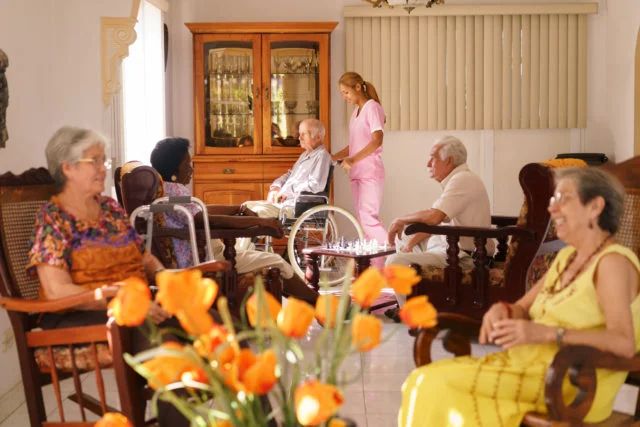Tag: Alzheimer’s disease

Jacquelyn had finally snared her dream job as an assistant to a television writer in New York City. Riding the subway one Saturday night, she got a call that changed all that. Her mother, who was living with her grandmother, was in trouble back home. Jacquelyn returned to find rotting food in the refrigerator and…

An advocate for improving care and federal oversight in assisted living facilities succinctly described the experience of searching for a safe place for a loved one. “The assisted living sector operates under a caveat emptor – let the buyer beware – principle,” Richard Mollot, executive director of the Long Term Care Community Coalition, told t…





